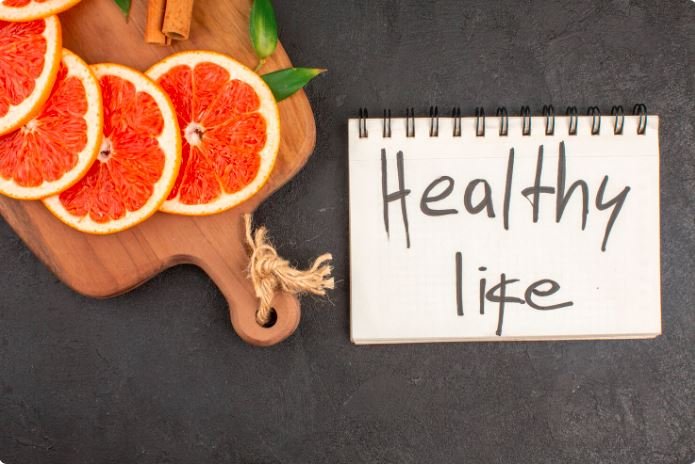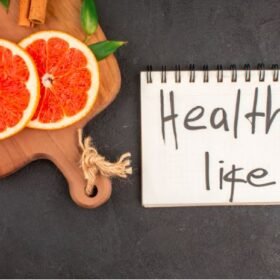With growing concerns about the impact of chemicals and pesticides on our food, there has been a surge in the demand for organic food. Organic food is not only good for the environment but also offers numerous health benefits. In this blog post, we will explore the reasons why organic food is the future of healthy eating.!
One of the primary benefits of organic food is that it is free from harmful chemicals and pesticides. Conventionally grown crops are sprayed with pesticides and herbicides, which can be harmful to human health. Organic food, on the other hand, is grown without the use of synthetic fertilizers, pesticides, and other harmful chemicals, making it a healthier option.One of the primary benefits of organic food is that it is free from harmful chemicals and pesticides. Conventionally grown crops are sprayed with pesticides and herbicides, which can be harmful to human health. Organic food, on the other hand, is grown without the use of synthetic fertilizers, pesticides, and other harmful chemicals, making it a healthier option.
- Free from Chemicals and Pesticides:
One of the primary benefits of organic food is that it is free from harmful chemicals and pesticides. Conventionally grown crops are sprayed with pesticides and herbicides, which can be harmful to human health. Organic food, on the other hand, is grown without the use of synthetic fertilizers, pesticides, and other harmful chemicals, making it a healthier option.
- Better for the Environment:
Organic farming practices are better for the environment as they reduce pollution, conserve water, and promote biodiversity. Organic farming practices also help to reduce soil erosion and maintain soil fertility. Organic farming practices are also sustainable and promote a healthy ecosystem, making it a better choice for the environment.
- Rich in Nutrients:
Organic food is often richer in nutrients than conventionally grown crops. Studies have shown that organic crops are higher in antioxidants, vitamins, and minerals, making them a healthier option. Organic farming practices promote healthy soil, which in turn produces crops with higher nutrient content.
- No Genetically Modified Organisms:
Organic food is also free from genetically modified organisms (GMOs). GMOs are crops that have been genetically modified to withstand pests, herbicides, and other environmental factors. While GMOs may increase crop yield, they have also been linked to numerous health concerns. Organic food, on the other hand, is free from GMOs, making it a safer and healthier option.
Organic food is the future of healthy eating. It is free from harmful chemicals, better for the environment, richer in nutrients, and free from genetically modified organisms. As people become more conscious about their health and the environment, the demand for organic food is only going to increase. So, if you want to adopt a healthier lifestyle, organic food is the way to go.





